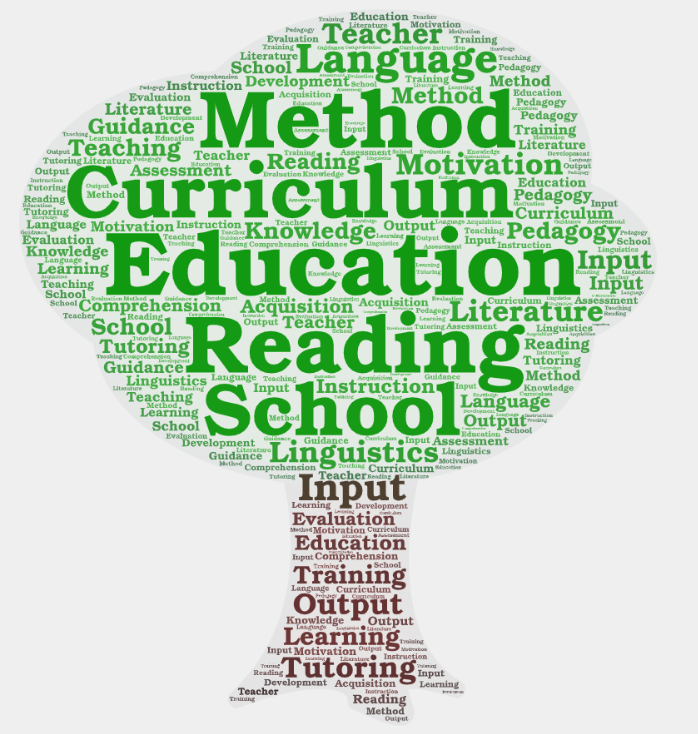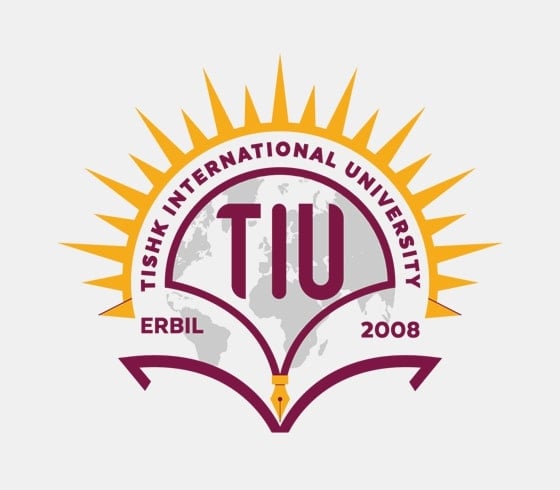Volume 8 Issue 2 Article 19
The Implementation of Parental Involvement Strategies in the School Activities in Government Primary and Secondary Schools of Fitche Town
Gadisa Wando Shaka1
1Department of Psychology, Fitche College of Teachers Education, Oromia, Ethiopia
Abstract: From government primary and secondary schools of Fitche Town 132 (60 male and 72 female) teachers and 23 PTA sample was selected through simple random sampling technique and 35 students were selected via purposive sampling technique. The study followed pragmatic assumption of mixed approach of descriptive research design. Data were collected through questionnaires involving both closed and open ended questions from the three groups’ selected as sample. The closed ended questionnaire was adapted from previous version and the open-ended one was developed by researcher. The instruments were piloted before they were used for final study and found reliable and valid. To answer basic research questions from collected data descriptive and inferential statistics methods of analysis was used. The major finding indicates that in the schools of Fitche town there was a trend of making aware of the importance of academic study, doing homework, a formal conference with every parents at least once a year, contacting families of students having academic or behavioural problems, sometimes recognize volunteers for their effort and the schools have active PTA those were elected with the reference of blueprint. However, the schools do not send home folders of student work weekly or monthly for the parent review and comment and do not conduct an annual survey to identify interests, talents, and availability of parent volunteers, in order to match their skills/talents with school and classroom; do not train and orient volunteers so that they use their time productively regularly and do not offer after-school programs for students with support from community (e.g., University, colleges and volunteers). Parents were participating more in parent teacher association but they least engaged in discussing their children learning progress with their teachers because of heavy workload, inadequate education and their ability may hinder their participation more, students were like their teachers to talk more to their parents and they feel good when their parent discuss with their teachers on their academic issue, there is statistically significant mean difference between parent involvement in school activities in government schools of Fitche town at P < 0.05. Abiyot Fire Primary School parents were the most involved in activities but in Fitche No.1 Primary School parents were least involved in school activities. It was suggested that schools should provide necessary information to parents on how to support students with skills that they can improve continuously, send home folders of students work weekly or monthly for parent review and comment, annual survey should be conducted to identify interests, talents, and availability of parent volunteers and trains and orient volunteers so they use their time productively and regularly.
Keywords: Parent Teachers Association, Implementation, Involvement, Strategies, Oromia
References:
Clinton, J., & Hattie, J. (2013). New Zealand students’ perceptions of parental involvement in learning and schooling. Asia Pacific Journal of Education, 33(3), 324337.
Creswell, J. W. (2009). Research design qualitative, quantitative and mixed approach (3 Ed.), USA, SAGE publication. Inc.
Davies, D. (2000). Supporting parent, family, and community involvement in your school. Portland, Oregon, Northwest Regional Educational Laboratory.
Epstein J.L. (1985) Home and school connections in schools of the future: Implications of research on parent involvement. Peabody Journal of Education, 62 (2), 18-41. https://dx.doi.org/10.1080/01619568509538471
Epstein J.L. (1987). Toward a theory of family-school connections: Teacher practices and parent involvement. In K. Hurrelmann, F.
Kaufmann, and F. Lösel (Eds.). Social intervention: Potential and constraints, (pp. 121-136). New York: Walter de Gruyter.
Epstein, J. L. (2002). School, family, and community partnerships: Your handbook for action (Revised Edition). Thousand Oaks, CA: Corwin Press.
Epstein, J. L. (2011). School, family, and community partnerships: Preparing educators and improving schools (2nd ed.). Boulder, CO: Westview Press.
Esther, S., & Wai, M. (2013). Parental involvement on children’s education. What works in Hong Kong. Singapor,Singer.
Fraenkel, J. K., & Wallen, N. E. (Eds.). (2003). How to design and evaluate research in education. The McGraw-Hill Company, Inc. New York.
Lee, J., & Bowen, N. K. (2006). Parent involvement, cultural capital, and the achievement gap among elementary school children. American Educational Research Journal, 43(2), 193-218.
Mexhit, H., & Flutura, M. (2015). Parental involvement in education, challenges and recommendations for the future. Academic Journal of Business, Administration, Law and Social Sciences, 1(3).
MoE. (1994). Basic indicators of education systems performance. Addis Ababa: Education Management Information Systems.
MoE. (2002). Guideline for organization of educational management, community participation and educational finance. Addis Ababa Ethiopia.
National Centers for Disease Control and Prevention (2012). Parent engagement: Strategies for involving parents in school health. Atlanta, GA: U.S. Department of Health and Human Services.
Ramirez, A. (2001). “Parent involvement is like apple pie”: A look at parental involvement in two states. The High School Journal, 85(1), 1-9.
Williams, B., Williams, J., & Ullman, A. (2002). Parental involvement in education: Research report No 332. USA. Queen’s Printer.
International Journal of Social Sciences & Educational Studies
ISSN 2520-0968 (Online), ISSN 2409-1294 (Print), June 2021, Vol.8, No.2
Journal Metrics
Keywords


Contact Info
Fakhir Mergasory School, Erbil, KRG, IRAQ
Email: [email protected]
